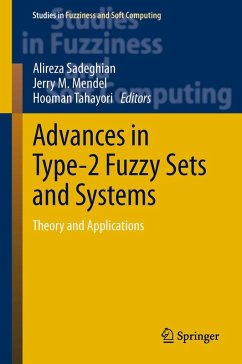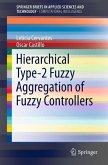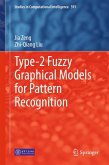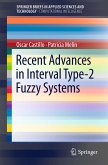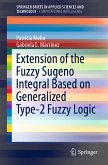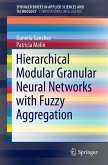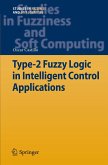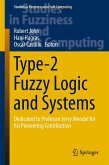This book explores recent developments in the theoretical foundations and novel applications of general and interval type-2 fuzzy sets and systems, including: algebraic properties of type-2 fuzzy sets, geometric-based definition of type-2 fuzzy set operators, generalizations of the continuous KM algorithm, adaptiveness and novelty of interval type-2 fuzzy logic controllers, relations between conceptual spaces and type-2 fuzzy sets, type-2 fuzzy logic systems versus perceptual computers; modeling human perception of real world concepts with type-2 fuzzy sets, different methods for generating membership functions of interval and general type-2 fuzzy sets, and applications of interval type-2 fuzzy sets to control, machine tooling, image processing and diet. The applications demonstrate the appropriateness of using type-2 fuzzy sets and systems in real world problems that are characterized by different degrees of uncertainty.
Dieser Download kann aus rechtlichen Gründen nur mit Rechnungsadresse in A, B, BG, CY, CZ, D, DK, EW, E, FIN, F, GR, HR, H, IRL, I, LT, L, LR, M, NL, PL, P, R, S, SLO, SK ausgeliefert werden.
Hinweis: Dieser Artikel kann nur an eine deutsche Lieferadresse ausgeliefert werden.

